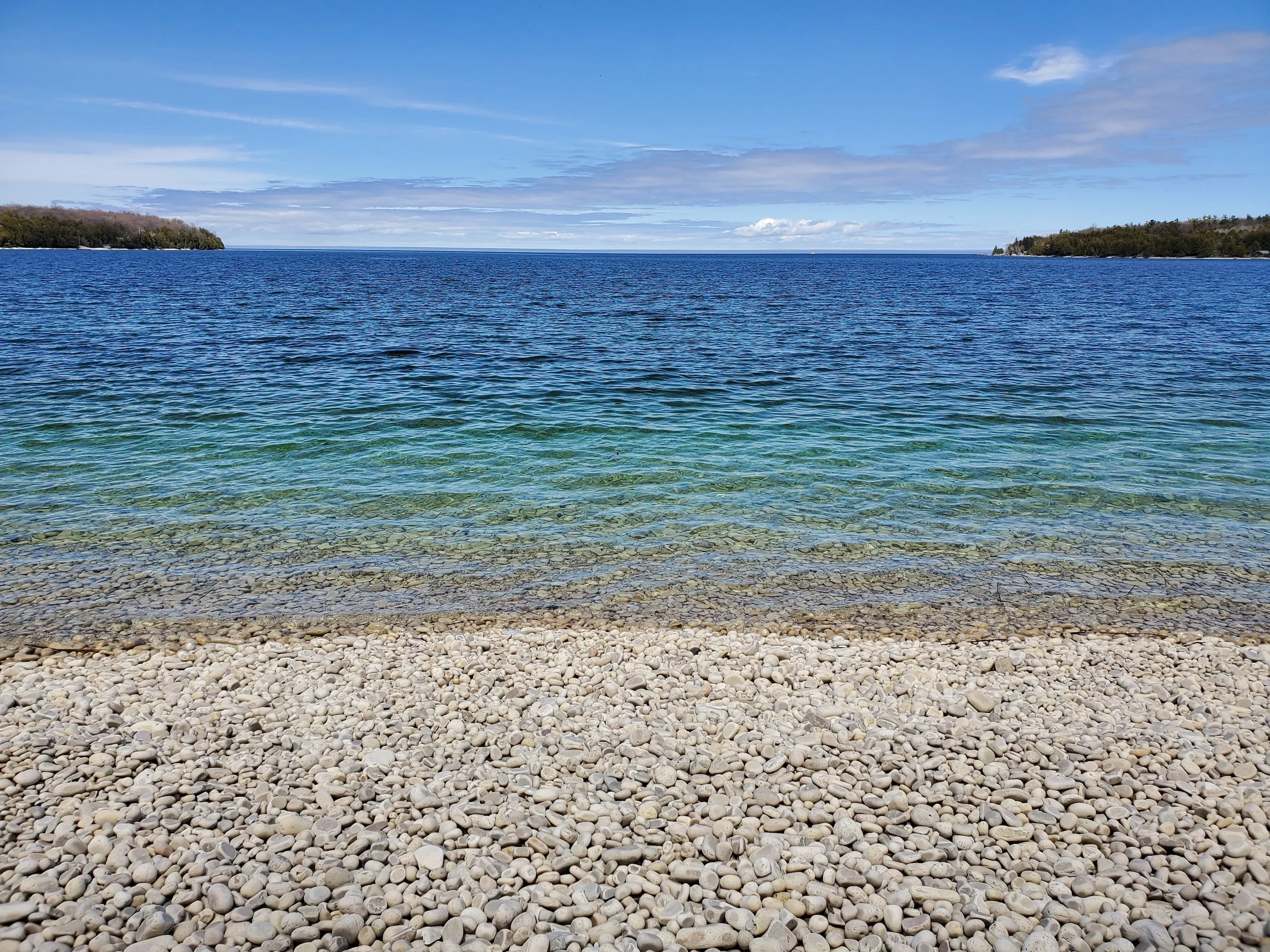
Poet, Translator, Essayist & Critic.
Unbelonging
In Bookstores August 17, 2026
“Where are you from?” For Catherine Jagoe, a set of complicated assumptions often lies behind this seemingly banal question. While partly an immigrant narrative, Jagoe’s memoir in essays is not so much—or not only—about moving to the US and putting down roots but rather more about feeling perpetually in-between and never quite “home.” Throughout, Jagoe wrestles with what identity and fidelity mean for a woman with three nationalities, a job as a translator who frequently lives in a fourth country, a history of depression, and chronically divided allegiances. Together, these essays paint a deeply personal yet incredibly relatable portrait of what it means to be an American—and an immigrant—in the twenty-first century.